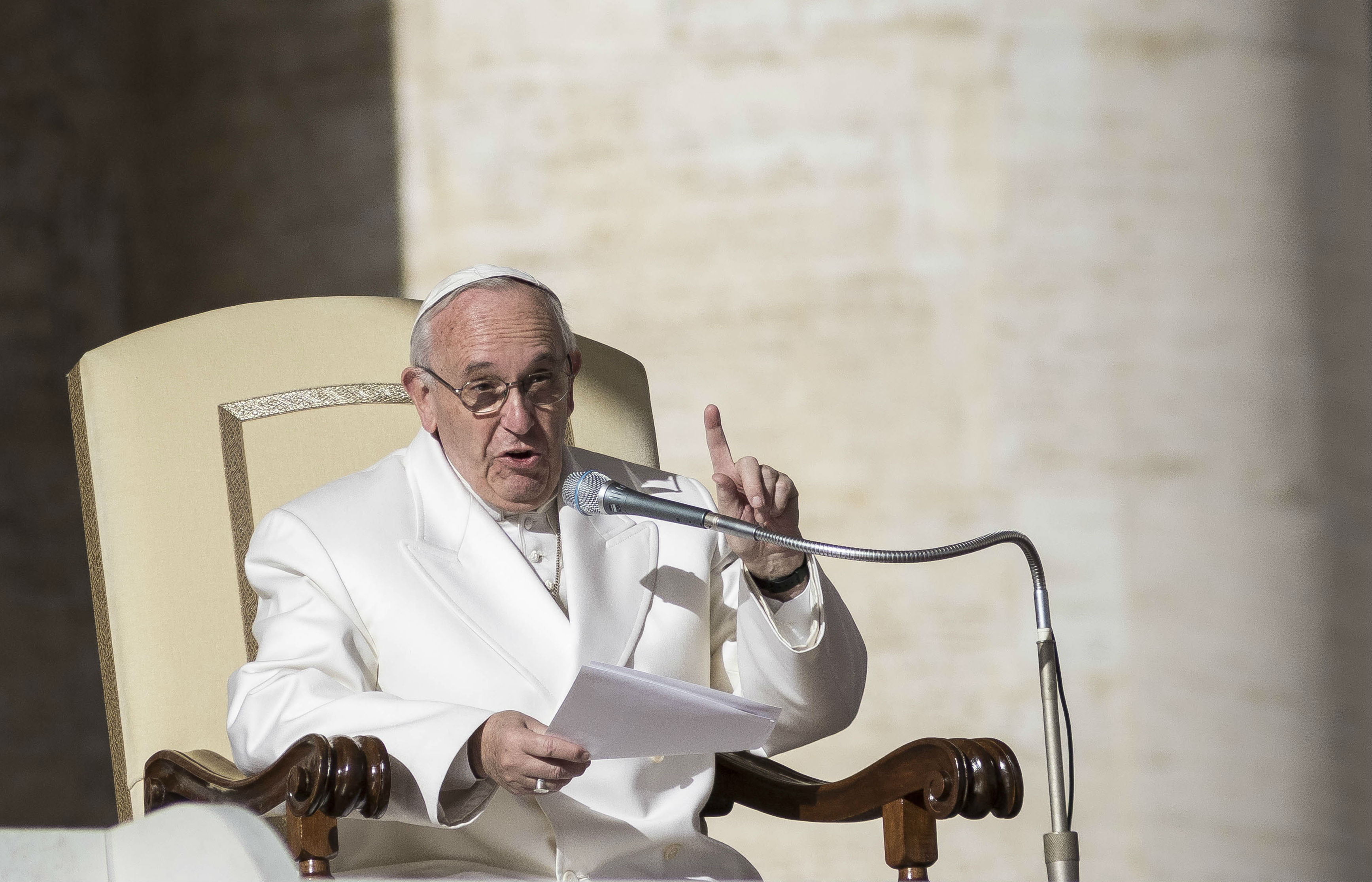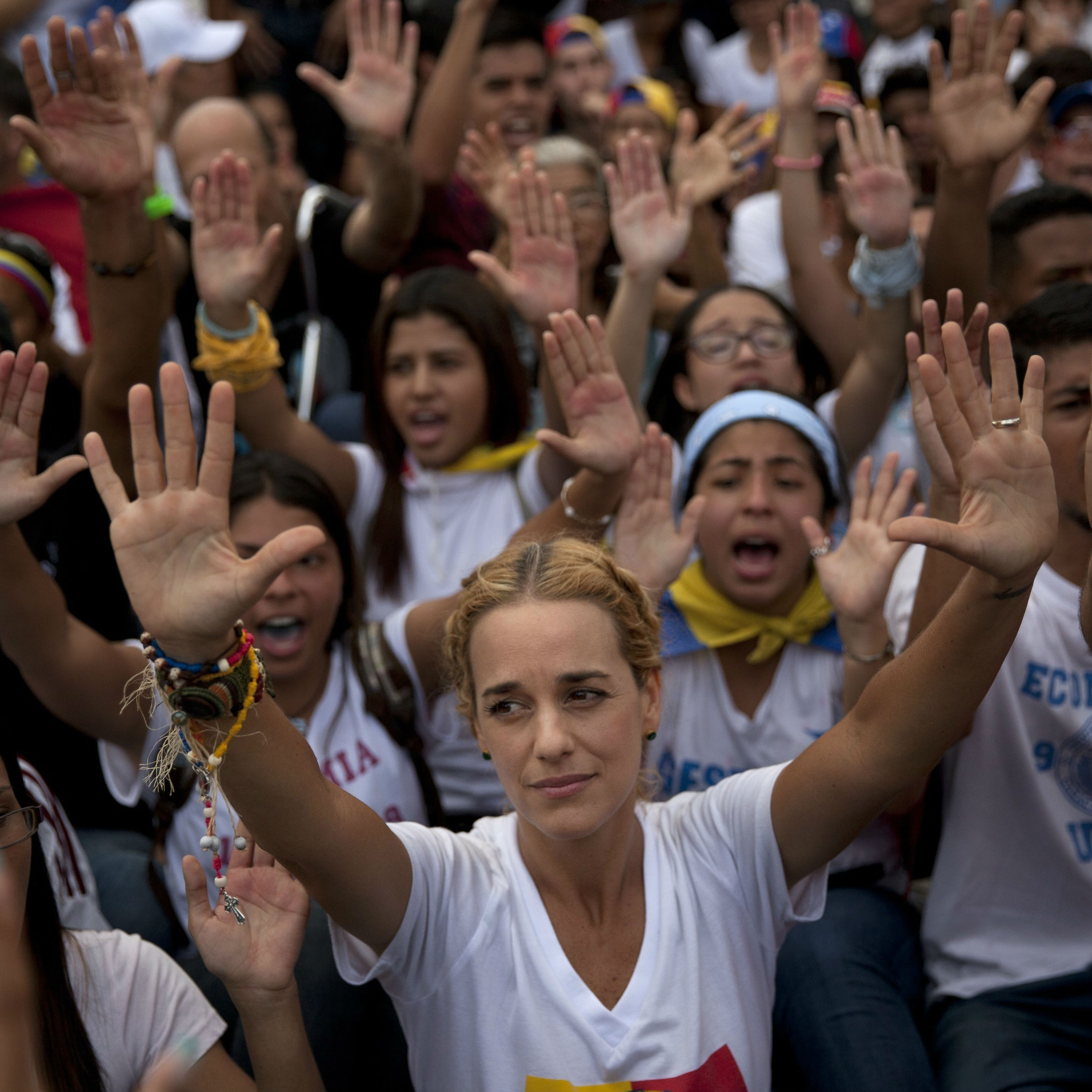Members of Venezuela's divided opposition and government leaders agreed on 31 October to tone down their heated rhetoric in the first step of the Vatican-mediated talks attempting to defuse the country's political crisis ahead of further street protests calling for the removal of socialist President Nicolas Maduro.
The talks, lasting six hours, are reported to have closed with both sides agreeing to immediately open four thematic negotiations on topics addressing the country’s devastated economy, electoral schedule, the rule of law and human rights.
A Vatican envoy and the former presidents of Spain, Panama and the Dominican Republic, all of whom attended the meeting held at a museum in western Caracas, will mediate the further negotiations.
Archbishop Claudio Maria Celli, Vatican envoy to the talks, said that the fact that the two sides had met was “very positive”. He urged both sides to make concessions in order for the talks not to fail as on several previous occasions.
“At the start of this journey, I ask you in the name of Pope Francis that each side agrees to some concrete gestures to give credibility to this process,” said Celli, who is president of the pope’s council for social communications.
“The country is waiting for authentic signals to comprehend that dialogue is a reality,” he added.
The talks, the first face-to-face meeting between the two sides this year, follow President Maduro’s recent visit to the Vatican, where he was urged by Pope Francis to meet with the opposition.
Critics have argued that the talks are a stalling tactic by the President designed to ease pressure on the unpopular socialist leader, whom many Venezuelans blame for rocketing inflation and widespread food and medicine shortages.
Fifteen parties belonging to the Democratic Unity opposition alliance boycotted the talks, saying they are not prepared to embark on dialogue with the Government until it reverses its decision to cancel a constitutionally allowed recall referendum against President Maduro.
“For an eventual dialogue to take place it has to be very clear from the outset that the aim is agreeing on the terms of a democratic transition in the remainder of 2016," the parties said in a statement.
The talks come as the opposition is stepping up its campaign to force Maduro from office.
Last week tens of thousands of supporters across the country gathered to protest (pictured) and another protest has been called for 3 November during which the opposition is vowing to march to the presidential palace. Those opposing the government haven't been allowed close to the palace since the 2002 coup that briefly toppled President Hugo Chavez, the late leader who installed the socialist administration.
The opposition-controlled congress, meanwhile, has begun a "political trial" against Maduro accusing him of neglecting his duties, though it is a largely symbolic gesture since the body doesn't have the power to remove a president under Venezuela's constitution.
Although he has threatened to arrest legislators if they go ahead with the trial, Maduro said on 31 October that he has an "absolute commitment" to holding a dialogue with the opposition.
"We're giving a chance to disarm the hatred, the intolerance, and open the door to love among the Venezuelans," said Maduro in televised remarks made from the museum.




 Loading ...
Loading ...